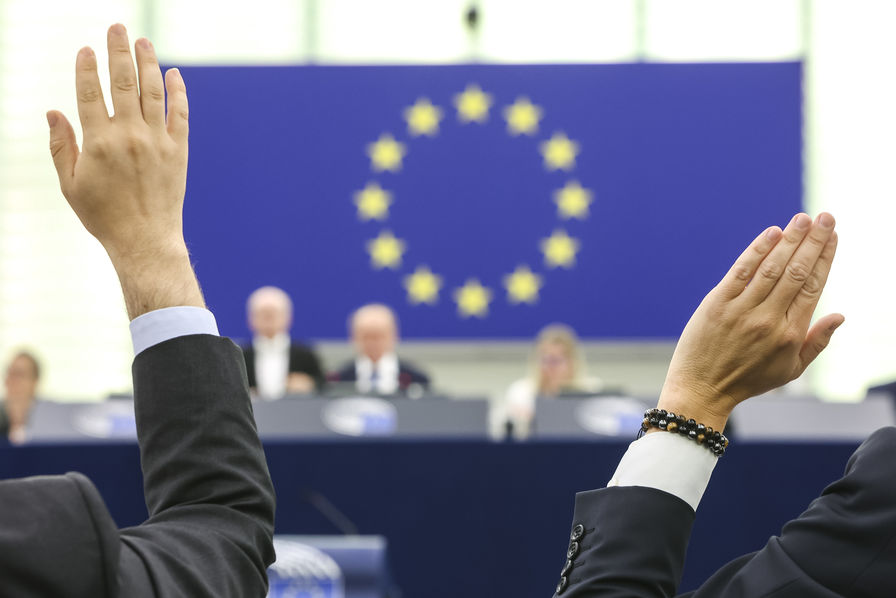AI Act Leak: A Pivotal Moment in EU Tech Legislation
Just weeks before the final vote, a non-official version of the AI Act has surfaced, marking a pivotal moment in the European Union’s journey towards enacting this significant piece of legislation. This leak, coming at a critical juncture, gives us a glimpse into the compromises struck between the European Parliament and the Council. Slated for a vote on February 2nd, this act is the EU’s ambitious bid to regulate artificial intelligence, balancing innovation with ethical considerations. However, countries like France might push for delays to secure further concessions.

Details of the Leaked Document
The leaked document, spanning nearly 1000 pages, was accessed by Euractiv and showcases the proposed regulation in a four-column format. Political advisor Laura Caroli shared a more concise 258-page version, emphasizing that any changes at this stage would be purely linguistic and technical. The AI Act aims to guide the use of AI, aspiring to position the EU as a leader in fostering trustworthy AI.
Introducing the ‘AI Office’
A major feature of the Act is the establishment of a new regulatory body, the “AI office.” This entity will have the autonomy to set benchmarks for AI models, differentiating between those posing systemic risks and others. It will monitor emerging societal risks and investigate potential violations.
Support and Regulation by the AI Office
Beyond regulation, the office will support AI rule application, develop codes of conduct, establish regulatory sandboxes, and engage stakeholders, including the open-source community. Yet, questions linger about its independence, resource allocation, funding, and operational costs, which are expected to be covered by the EU’s Digital Europe program budget.
A Race Against Time
The timeline for this Act is tight, and national delegates may focus only on key articles rather than the entire text. France, alongside Germany and Italy, has been vocal against binding rules for foundational model providers, advocating for self-regulation instead. This stance, aimed at protecting national AI interests like Mistral AI, has faced criticism from European institutions.
The Final Countdown
As the February 2nd vote approaches, EU governments face a binary choice – yes or no. “We aim for a vote during the April plenary” says Caroli. The unfolding events around the AI Act reveal the EU’s complex balancing act between innovation, regulation, and national interests, painting a vivid picture of the challenges in shaping technology’s future.


